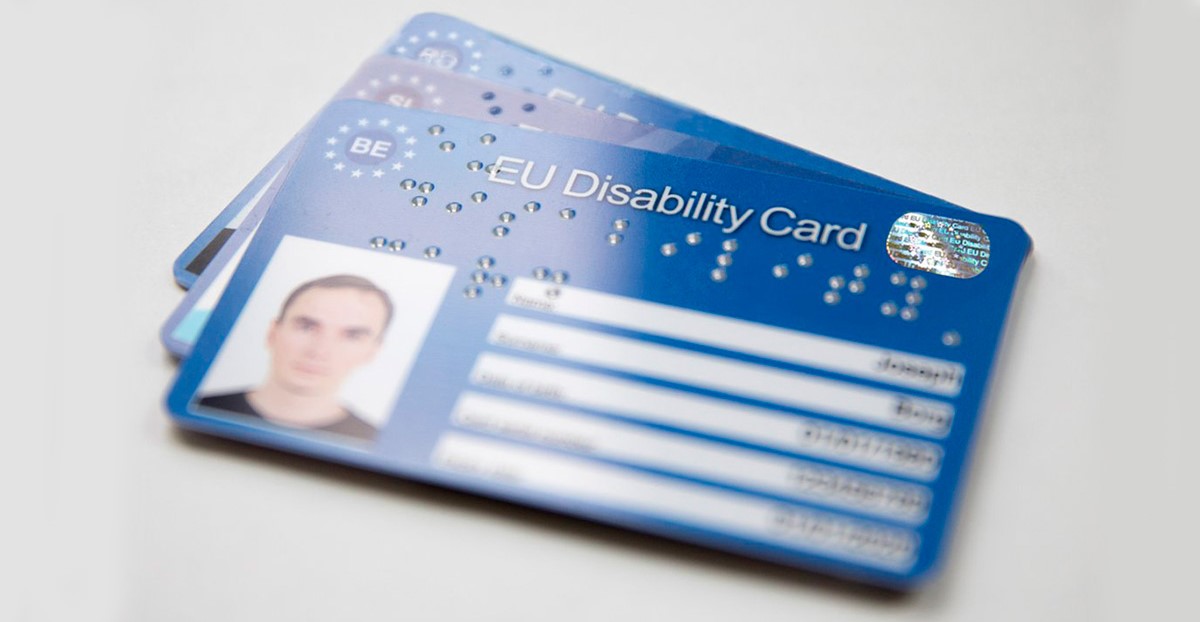
The European Commission launched a call for evidence on its initiative for a future EU Disability Card. Until January 9th 2023, every EU citizen can provide input into the necessity of such a card. Autism-Europe welcomes the initiative and encourages its members, partners, and other stakeholders to provide arguments for why the EU Disability Card specifically benefits the autistic communities in the EU.
The European Commission in the Strategy for the Rights of Persons with Disabilities 2021-2030 named the future European Disability Card one of its flagship initiatives. In 2023, the European Commission is planning to prepare the launch of the card in all 27 EU member states. According to the EU Commission, the European Disability Card will facilitate free movement for people with disabilities in the European Union. With the card, disability status recognised in one EU country should be recognised in others too, giving the holder access to preferential conditions for some services across the EU.
The future proposal was preceded by a pilot EU Disability Card (covering culture, leisure, sport, and transport) from 2016 to 2019 in eight EU countries, namely, Belgium, Cyprus, Estonia, Finland, Italy, Malta, Romania, and Slovenia. Some of AE’s members and partners took part in the monitoring of rolling out the pilot. In 2021, the European Commission published a study assessing the pilot. It introduced mutual recognition of disability status across the eight participating EU Member States. The participating service providers recognised the EU Disability Card as an official document attesting to the disability status of persons with disabilities. It is particularly relevant for people with invisible disabilities as the EU Commission study suggests.
The road map of the European Commission’s proposal includes an impact assessment of the EU Disability Card in 2023. It will inform the precise scope of the European Disability Card. Thus the call for evidence is open from November 23 to January 9, 2023. In the first quarter of 2023, the EU Commission also plans a public consultation on the EU Disability Card.
The European Commission believes the European Disability Card should build on the pilot EU Disability Card and apply to a wider range of services. Autism-Europe welcomes the European Disability Card to facilitate autism diagnosis recognition across EU member states and encourages its members, partners, and other stakeholders to provide evidence of the need for the EU disability Card.
Submit evidence concerning the added value of the future EU Disability Card here in all 24 office EU languages.